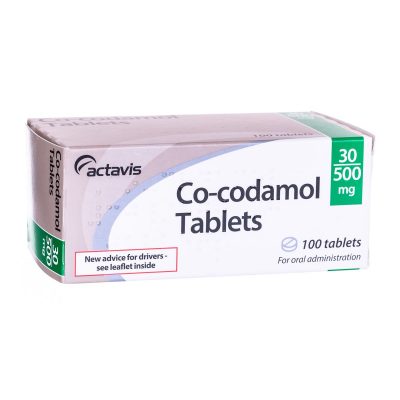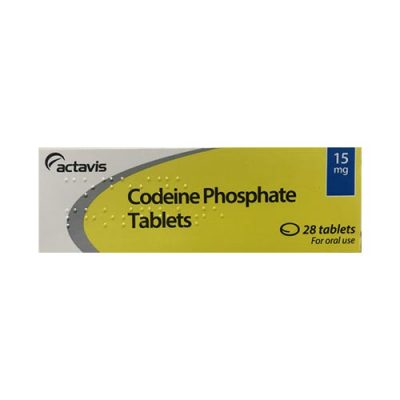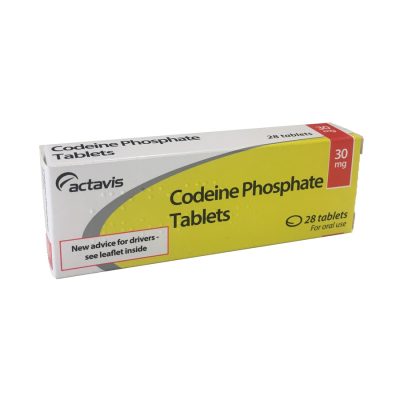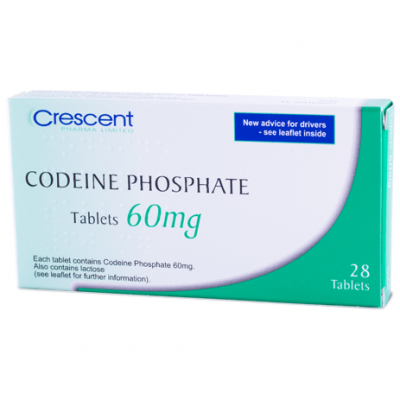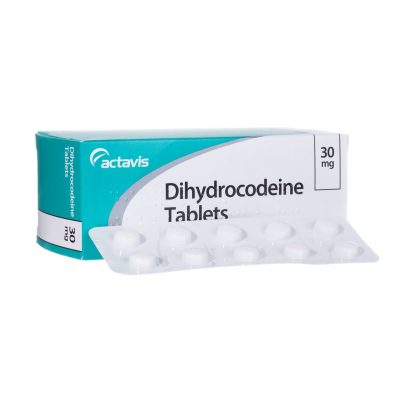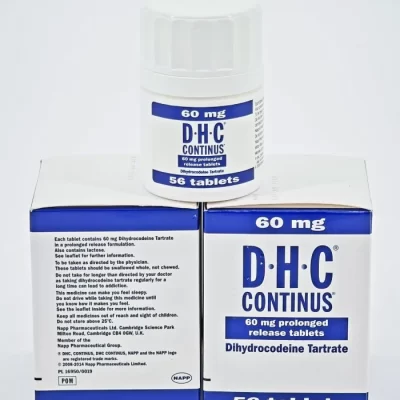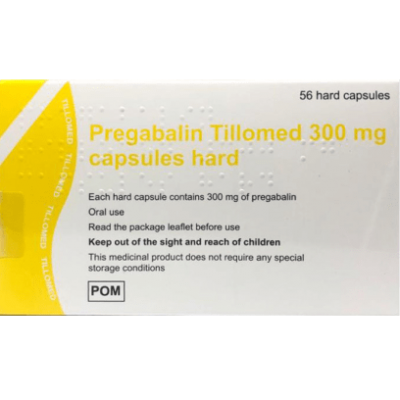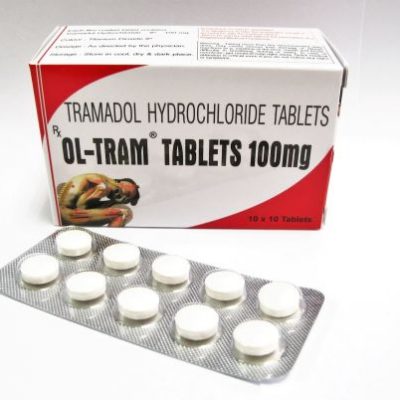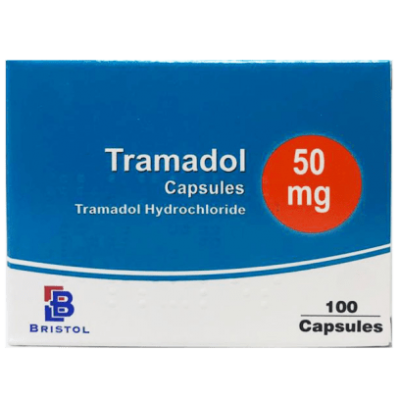Pain Relief Pills
At Direct UK Pills, we are committed to providing effective solutions to help you manage pain and regain control of your daily activities.
Browse our range of pain relief medications aimed at alleviating discomfort and improving your quality of life. From chronic pain management to temporary relief from aches, our selection includes trusted pharmaceuticals like Dihydrocodeine, Pregabalin, Codeine, and Co-codamol.
Pain Killers: What You Should Know
Anyone who has ever been treated for severe pain through surgery, injury or illness knows how vital painkillers can be. If you have ever had a health problem that has caused you severe pain, your doctor may have prescribed a pain reliever that is stronger than paracetamol or ibuprofen.
For chronic pain that would require a higher dose, it can have long-term adverse effects and is therefore not recommended. Opioids should only be used if your severe pain does not respond to other painkillers.
Be aware that while opioids relieve pain after surgery or injury, they are drugs and can be addictive. More powerful opioids are usually used to treat severe pain, such as cancer – pain related to pain or serious injury. If you know you are struggling with chronic pain and prescription painkillers, contact Northwestern Medicine’s Pain Management Center.
If you are in severe pain, your doctor may prescribe stronger opioids such as oxycodone, hydrocodone, or morphine, or a combination of both. They should not be dependent on weak opioids for more than a few days or even a week at a time, and only for a limited period of time.
There may be times when you can take OTC pain killers together or alternately, but consult your doctor before taking more than one type of medication.
Opioids (also known as opioid pain relievers) are used together with non-opioids as opioids (narcotics) to treat moderate to severe pain. These include the continued release of opioids such as morphine, heroin, fentanyl and morphine – such as substances – or the analgesic effect of other opioids.
These painkillers can be one of several over-the-counter medications, and sometimes they are combined with different painkillers, for example. Certain prescriptions also include hydrocodone or paracetamol, which has Vicodin for pain, but it is prescribed in combination with other painkillers such as ibuprofen, paracetamol and paracetamol. These work by reducing inflammatory activity, exacerbating pain and can also be prescribed in conjunction with non-opioid pain relief.
To date, there is no evidence of a link between opioid use and the development of chronic pain in humans. Other studies have compared the effects of opioids and non-opioids when prescribed for pain that is not related to cancer. The results suggest that opioids can trigger the activation of glia, which triggers the system – a broad pain signal that counteracts the pain relief of drugs and generally makes the body more sensitive to pain. This could lead to a reduction in the amount of pain, or your body could develop a tolerance to the drug, which leads you to need more medication to achieve the same pain – relief.
Drug tolerance occurs when the body gets used to the opioids it takes, and more drugs are needed to relieve the pain as well as they used to. What many people do not know is that if you take an opioid pill for four or more weeks, it makes you more sensitive to pain and can make it worse.



